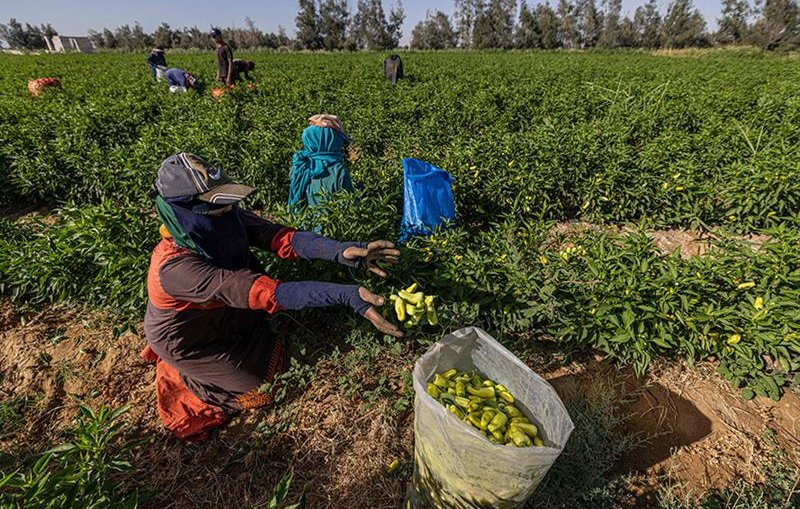Egypt’s economy is showing strong signs of recovery, signaling hope for both businesses and citizens alike. Growth is being driven by rebounds in agriculture and tourism, steady private consumption, and a steady flow of investment. These sectors are helping to stabilize the economy and provide momentum for future expansion. While the overall picture is improving, analysts note that sustained growth will require continued focus on infrastructure, innovation, and strategic planning to ensure the gains are long-lasting.
Despite these encouraging trends, Egypt faces significant hurdles that could slow progress if not addressed. Insecurity along the Red Sea continues to disrupt shipping and trade, directly impacting revenues and putting pressure on the nation’s finances. These challenges highlight the need for stronger security measures and more resilient trade systems to protect economic stability and ensure that growth is not derailed by external risks.
Another area with immense potential lies in expanding women’s participation in the workforce. Currently, women represent only a fraction of Egypt’s labor market, limiting economic output and innovation. Removing barriers to employment and creating inclusive opportunities could unlock massive economic gains while also promoting social progress. A more inclusive economy would not only strengthen GDP growth but also encourage entrepreneurship and broaden the talent pool available to businesses across the country.
Looking beyond the borders, Egypt’s recovery is also tied to regional dynamics and global economic trends. Increased investment, a thriving private sector, and strategic reforms could position the country as a leader in the region, attracting both domestic and foreign opportunities. While challenges remain, Egypt has the tools, talent, and resilience to transform its current growth into lasting prosperity. The coming years will be critical, and decisive action now could shape a future of stability, opportunity, and sustained economic success.
